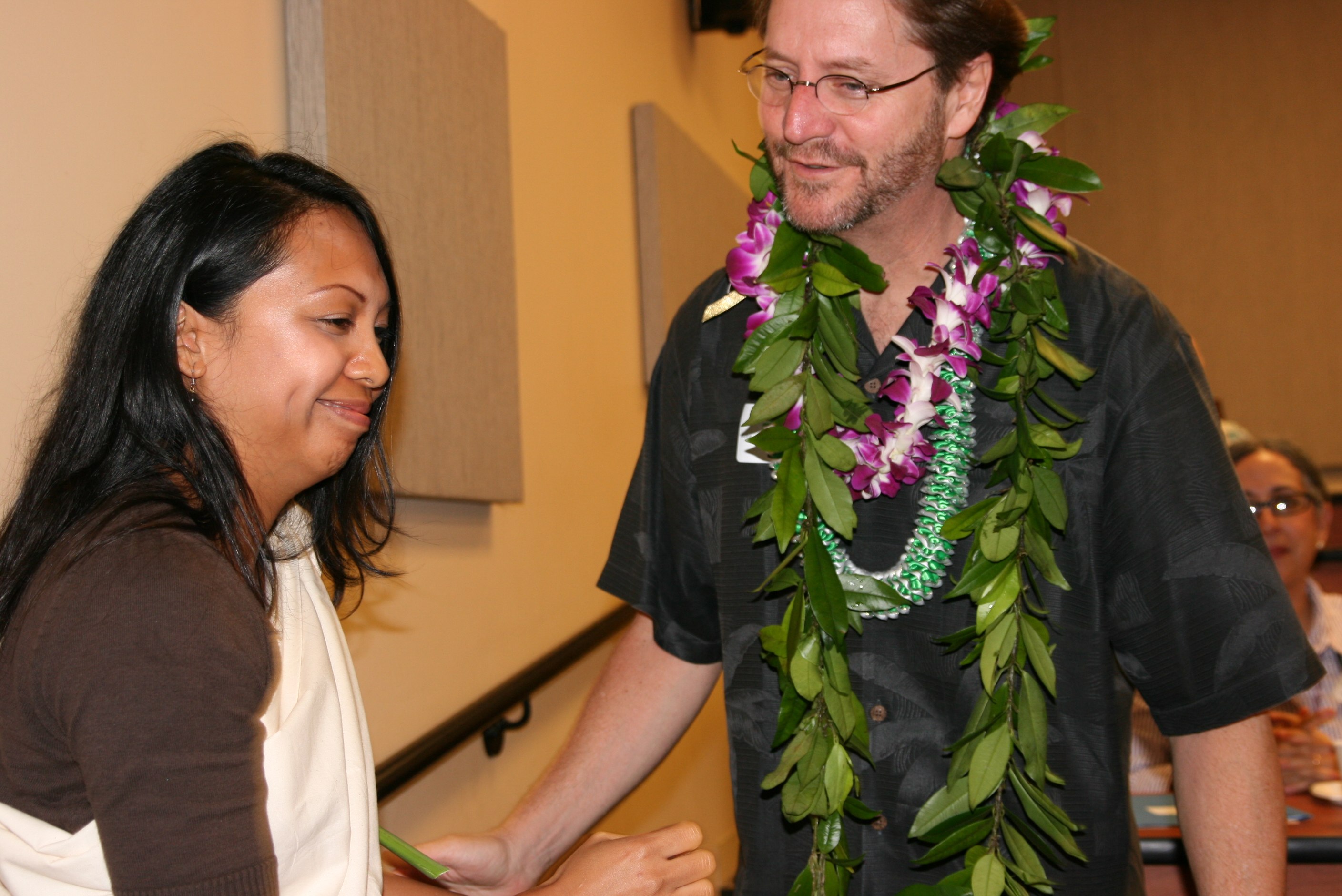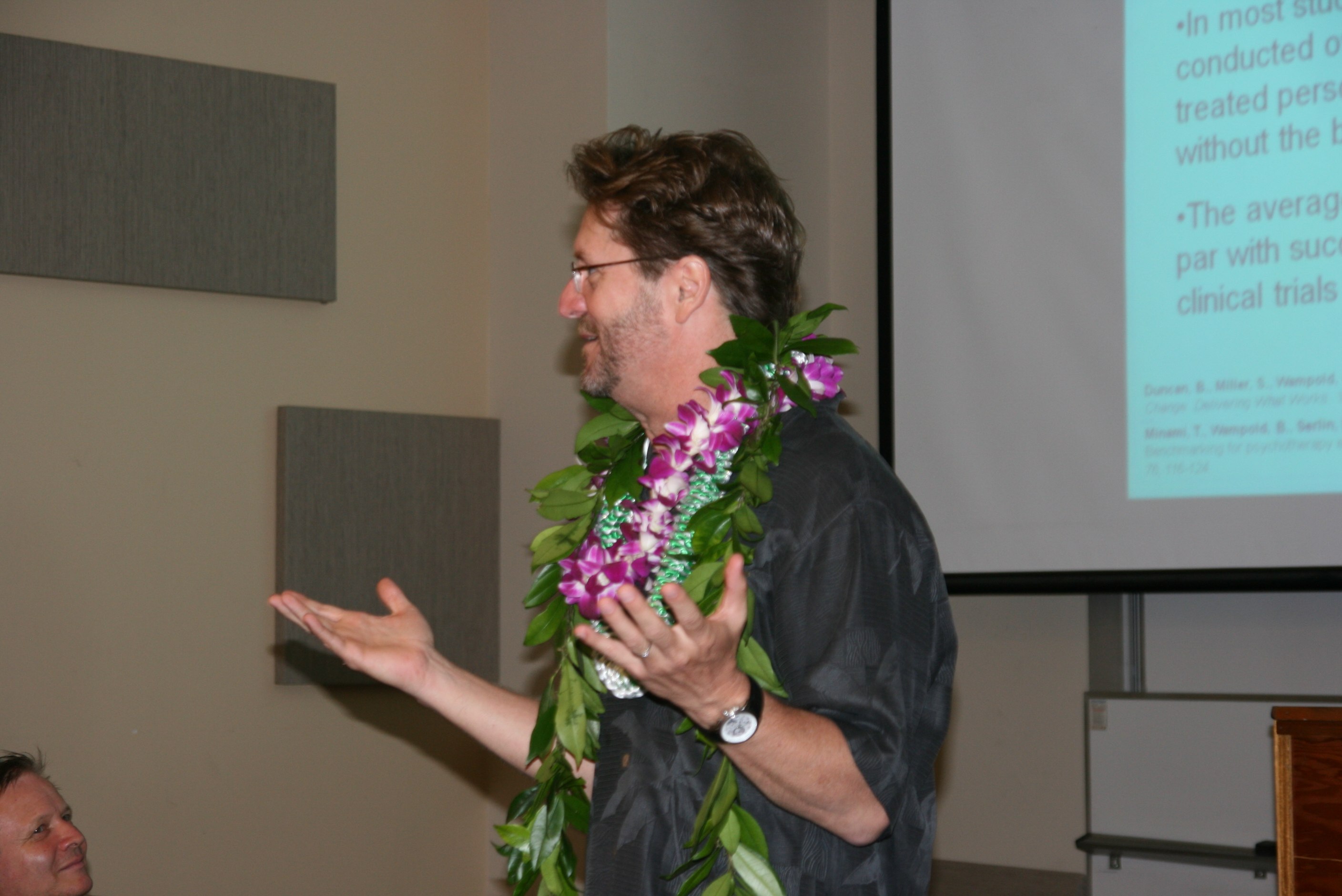I have so much to be grateful for at this time. Most of all, I’m happy to be home with my family. As we have in the past, this year we’ll be spending the holiday at the home of our long time friends John and Renee Dalton. The two always put out a fantastic spread and our son, Michael, is fast friends with their two kids.
I’m also grateful for the International Center for Clinical Excellence (ICCE) community. Currently, ICCE has over 4200 members located around the world, making the organization the largest, web-based community of professionals, educators, managers, and clinicians dedicated to using feedback to pursue excellence in the delivery of behavioral health services. Recently, the site was highlighted as one of the best resources for practitioners available on the web. Articles, how-to videos, and discussion forums are available everyday, all day–and for free! No come-ons for books or webinars and no “cult of personality”–just sharing among peers. If you are not a member, you can join at: www.centerforclinicalexcellence.com
A special thanks goes to several ICCE senior advisors and associates, including Susanne Bargmann, Jason Seidel, Cynthia Maeschalck, Bob Bertolino, Bill Plum, Julie Tilsen, and Robbie Babbins-Wagner. These folks are the backbone of the organization. Together, they make it work. Most recently, we all joined together to create the ICCE Feedback Informed Treatment and Training Manuals, a cutting edge series covering every aspect of FIT–from the empirical foundations to implementation–in support of our application to SAMSHA for recognition as an “evidence-based practice.”
As a way of supporting everyone using the ORS and SRS, I wanted to make a couple of clinical support tools available. If you are using the measures, the first item will need no introduction. It’s a 10 cm ruler! Save the file and print it off and you also have a ready reminder of the upcoming Achieving Clinical Excellence conference, coming up in May 2013. Like last time, this will feature the latest inforamtion about feedback informed practice! The second item is a reliable change graph. If you are using the paper and pencil measures, rather than one of the existing web based systems (www.fit-outcomes.com, www.myoutcomes.com), you can use this tool to determine whether a change in scores from session to session is reliable (that is, greater than chance, the passage of time, and measurement error [and therefore, due to the care being provided]) or even clinically significant (that is, both reliable and indicating recovered). The last item is an impressive summary of various systems for monitoring progress in treatment.
In addition ACE Health have developed openFIT, a plug-in which seamlessly integrates the ORS, SRS and associated algorithms into any existing Electronic Health Record, Case Management System of eMental Health application.
I wish everyone a peaceful and rewarding Thanksgiving holiday.






.jpg)
